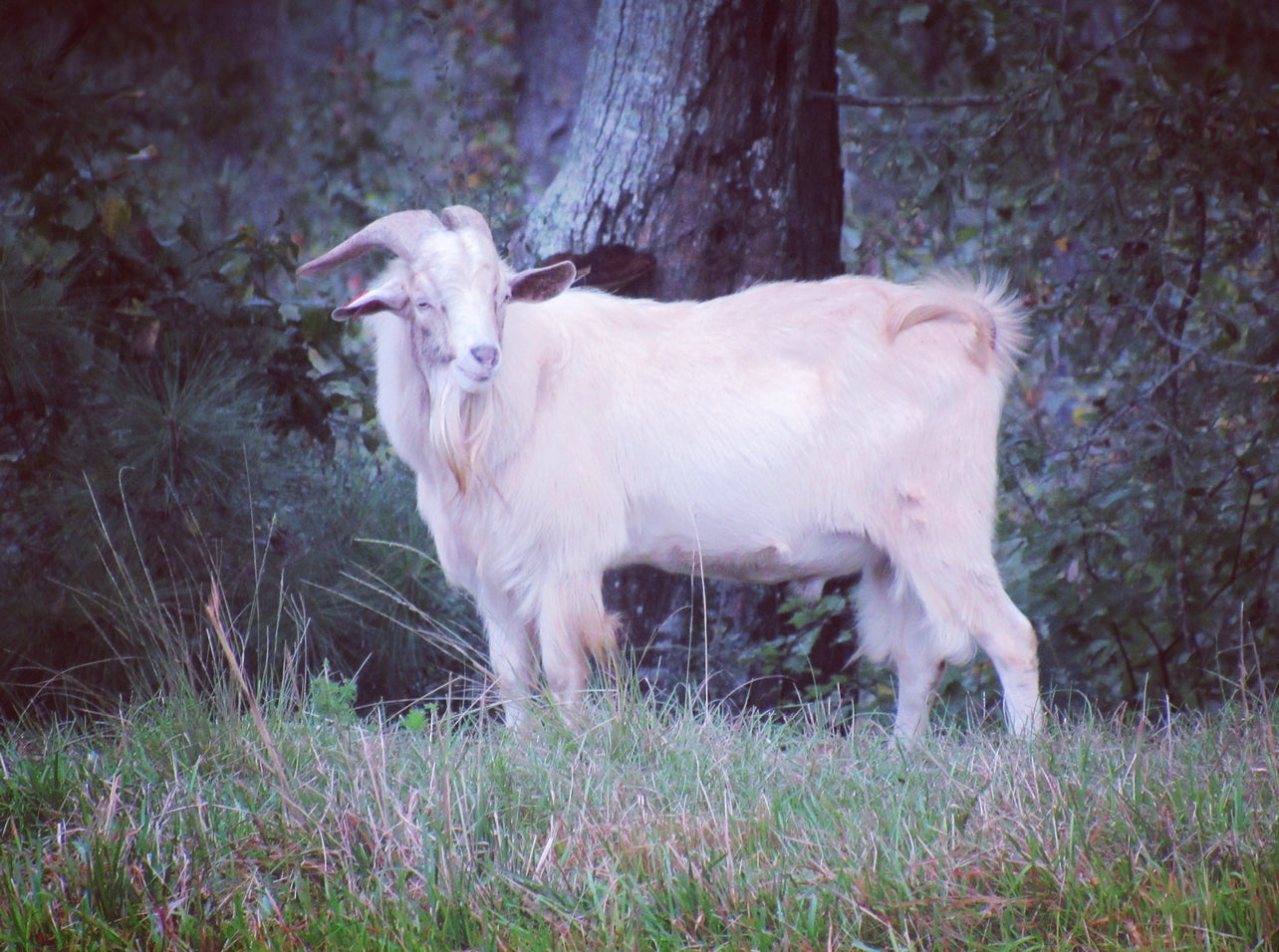In the realm of sustainable farming, there's an unsung hero that is gaining recognition for its remarkable adaptability, hardiness, and versatility: the Kiko goat. Originating from New Zealand, these robust creatures have become a favorite among homesteaders worldwide. In this blog post, we will explore the fascinating history of Kiko goats and shed light on the numerous benefits they bring to those who choose to keep them on their farms. From their origins to their exceptional traits, we will uncover why Kiko goats have become a staple for sustainable homesteading.
-
The Origins of Kiko Goats: Kiko goats were developed in the 1980s by crossbreeding feral goats in New Zealand with dairy and meat goat breeds. The goal was to create a goat breed that could thrive in rugged terrain while requiring minimal human intervention. The result was a remarkable breed that exhibited superior maternal instincts, excellent foraging skills, and a remarkable resistance to diseases and parasites.
-
Adaptability and Hardy Nature: Kiko goats are renowned for their adaptability to various climates and terrains, making them an ideal choice for homesteaders worldwide. These goats can withstand extreme temperatures, ranging from scorching heat to freezing cold, and can efficiently graze on varied vegetation, including rough and brushy terrain. Furthermore, their strong hooves and browsing habits enable them to navigate challenging landscapes with ease.
-
Low-Maintenance and Self-Sufficiency: One of the key advantages of keeping Kiko goats on a homestead is their low-maintenance nature. Their ability to thrive on natural forage reduces the need for costly supplementary feeding. Kikos are excellent browsers and will consume a wide variety of plants, shrubs, and trees. They possess a natural instinct for finding food and can efficiently utilize sparse pasture, making them an economical choice for homesteaders with limited resources.
-
Resistance to Diseases and Parasites: Kiko goats have developed a remarkable resistance to various diseases and parasites, making them highly suitable for homesteaders seeking sustainable farming practices. Their hardy genetics and selective breeding have equipped them with an inherent ability to fight off common goat illnesses, such as parasites and respiratory issues. As a result, Kiko goats require fewer veterinary interventions, reducing the reliance on medications and promoting healthier animals.
-
Superior Maternal Traits: Another invaluable characteristic of Kiko goats is their exceptional maternal instincts. Kiko does possess excellent mothering abilities, displaying high fertility rates and exceptional ease in kidding. They are known for delivering multiple kids per birth, increasing the potential for higher yields and expanding the homesteader's herd. Additionally, Kiko does demonstrate strong protective behaviors towards their offspring, ensuring their safety and contributing to the overall success of the herd.
In the world of sustainable farming and homesteading, Kiko goats have emerged as a game-changer. With their rich history, adaptability, hardiness, and numerous benefits, they have become a staple for many farmers worldwide. Their ability to thrive in challenging environments, resistance to diseases, low-maintenance nature, and superior maternal traits make them an invaluable asset for any homesteader seeking sustainable farming practices.

